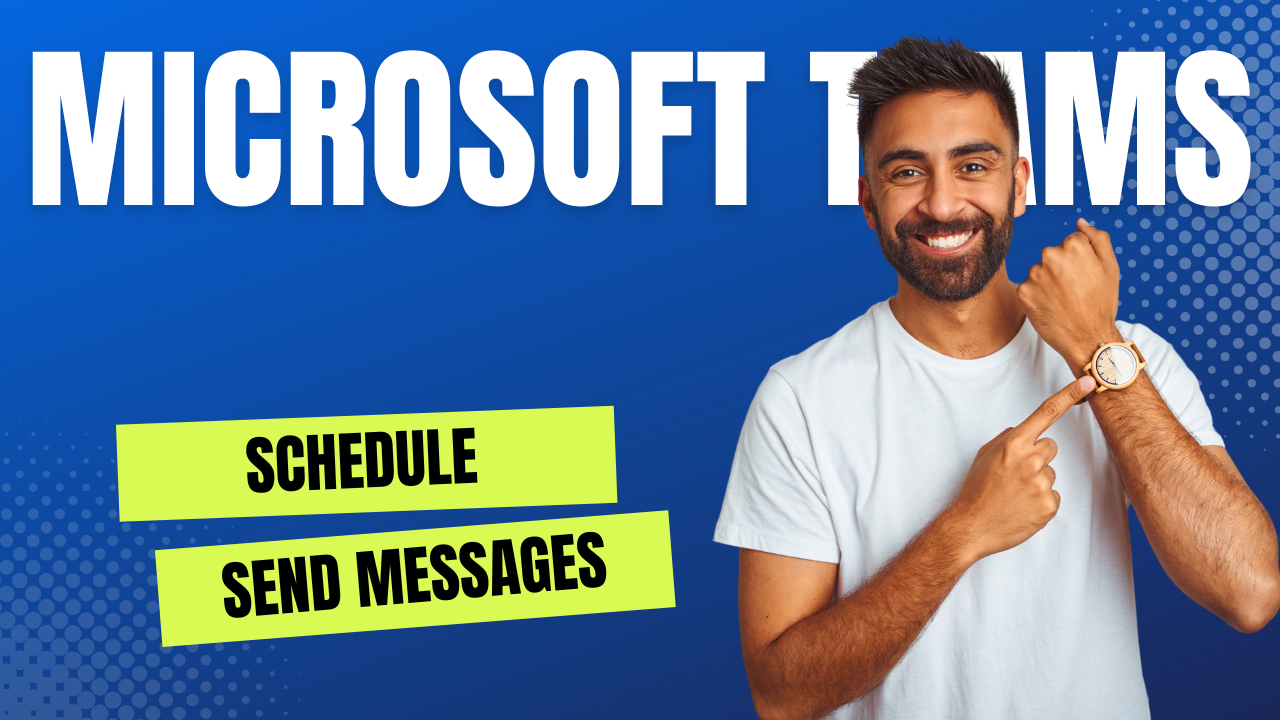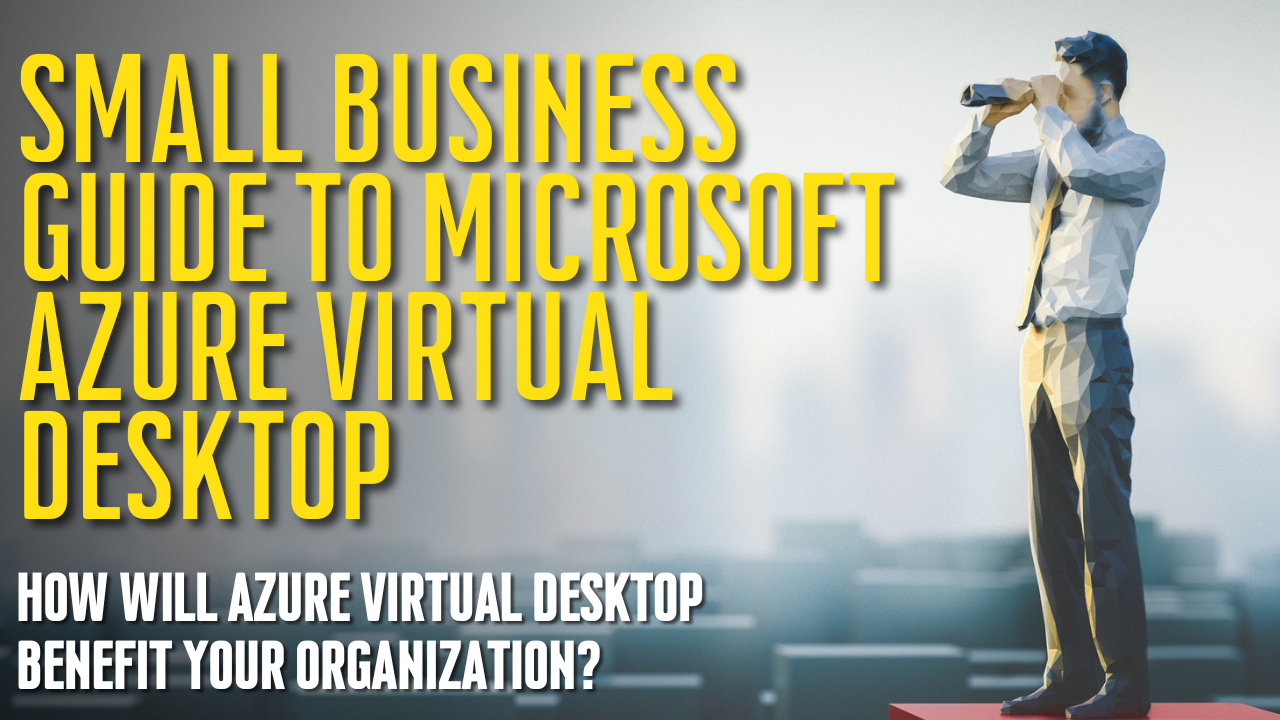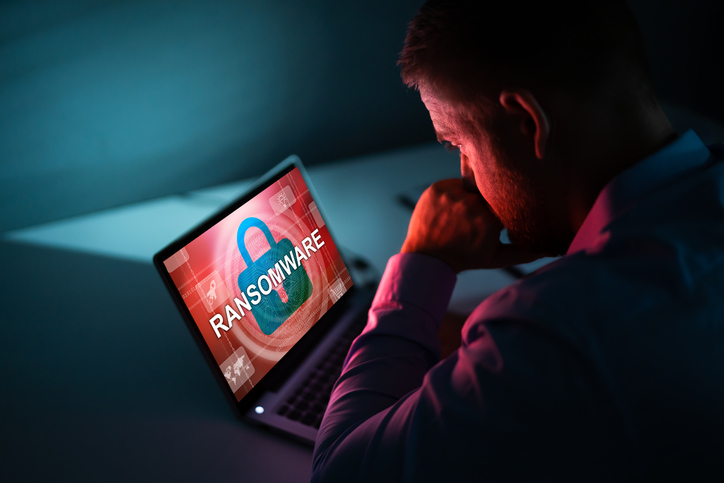Top IT Security Concerns For Small Businesses
Did you know that nearly half of all reported data breaches in 2019 affected small businesses?
That might seem odd to you - wouldn’t you think that cybercriminals would rather go after bigger targets, for bigger payouts? Isn’t it more worth their time?

Unfortunately, that’s not really how it works. The fact is that most cybercriminals aren't spending all that much time or effort in any attack - they're just sending phishing emails, setting up malware traps, and other largely passive and automated tactics.
Combine this with the fact that most small businesses fail to implement even standard cybersecurity measures, and you’ll start to understand why cybercriminals go after them so often. According to the 2019 Shred It Protection Report:
- 31% of small business owners report that human error or accidental loss by a staff member led to a data breach.
- 33% of respondents have not trained employees on cybersecurity best practices to defend them against phishing and ransomware.
- 30% of small business owners have no policy for storing confidential documents.
What Threats Do You Need To Protect Against?
- Human Error
A majority of cybersecurity services offered today include the best in vital technologies, from firewalls to anti-malware to data encryption and more. However, as important as this technology is, on its own, it simply isn't enough. The key to truly comprehensive cybersecurity is simple, yet often overlooked: the user.Cybersecurity gimmicks -- such as "set it and forget it" firewalls and antivirus software -- fail to account for how important the user is. Even the most effective digital security measures can be negated by simple human error, which is why conventional solutions are simply not enough to ensure your business' safety. Much of cybersecurity is dependent on the user, and as such it's vital that you properly educate your employees in safe conduct. The more your workforce knows about the security measures you have in place, the more confidently they can use the technology is a secure manner. - Outdated Systems
Did you know that the most common way cybercriminals get into a network is through loopholes in popular software, applications, and programs? Despite how advanced modern software is, it is still designed by humans, and the fact is that humans make mistakes.Due to this, much of the software you rely on to get work done every day could have flaws -- or "exploits" -- that leave you vulnerable to security breaches.Many of the most common malware and viruses used by cybercriminals today are based on exploiting those programming flaws; to address this, developers regularly release software patches and updates to fix those flaws and protect the users.
This is why it's imperative that you keep your applications and systems up to date.
- Data Continuity & Technology Failure
Hardware failure causes 40% of data loss incidents. Hard drives fail every day for a variety of reasons. While some failures occur simply because the hardware becomes worn out, others fail prematurely due to external factors.Similarly, software failure causes 34% of data loss incidents. Errors with your software can be just as detrimental to your data. Running too many programs at once, or relying on outdated or unstable software can quickly lead to a crash, which will often lose any unsaved work you had open when the program crashed.
How Can You Enhance Your Small Business Cybersecurity?
- Keep Your IT Updated
While some users remain skeptical of new updates to their software, the fact is that these patches help to protect your information from known vulnerabilities. By refusing an update, you risk maintaining a weakness in the system that is publicly recognized at that point as a method that hackers may use to compromise your info, so be sure to regularly check for updates. - Invest In Cybersecurity Training
A comprehensive cybersecurity training program will teach your staff how to handle a range of potential situations:- How to identify and address suspicious emails, phishing attempts, social engineering tactics, and more.
- How to use business technology without exposing data and other assets to external threats by accident.
- How to respond when you suspect that an attack is occurring or has occurred.
- Verify And Test Your Backups
If you want your desktop files backed up, it’s your responsibility to make sure your cloud is doing so automatically. You must have a backup copy of your data if it's stolen or accidentally deleted.Develop a Business Continuity & Disaster Recovery policy that specifies…- What data is backed up
- How often it's backed up
- Where it's stored
- Who has access to the backups
Backup to both an external drive in your office and a remote, secure, online data center. Set backups to occur automatically. And make sure your backup systems are encrypted.
How Should You Manage These IT Security Concerns?
Invest in a little expert protection – EPC IT Solutions. We can put our big business cybersecurity expertise to work for you, implementing best practices, identifying vulnerabilities, and protecting you against the more common and dangerous cybercrime scams.
Like this article? Check out the following blogs to learn more:
In-House IT vs. Outsourced Support in 2019
66% of malware is installed via this…
Cyber Security Awareness What is the Dark Web?




